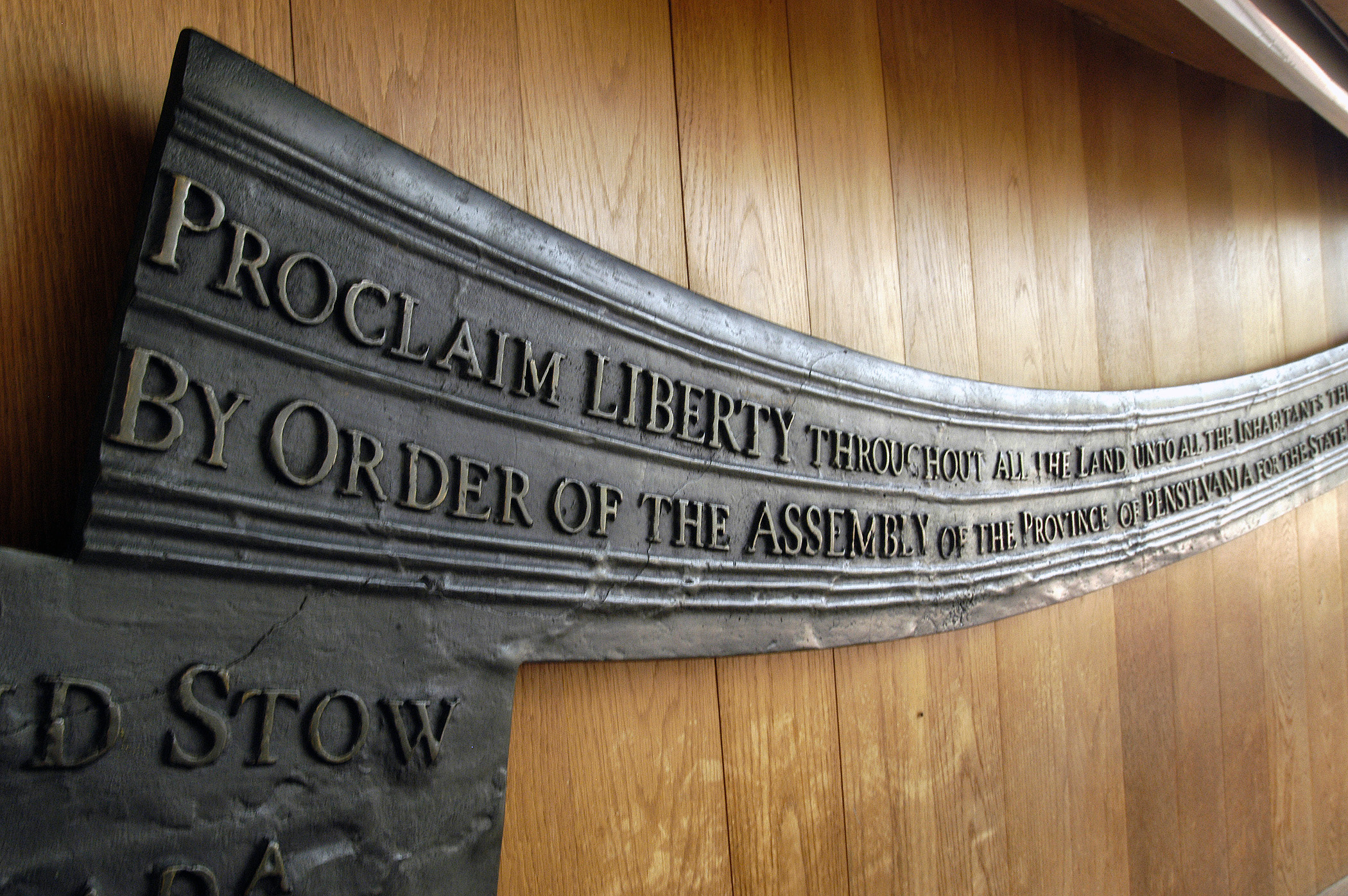
In 1972, rock star Alice Cooper produced his anthem “School’s Out.” It appealed to us who grew up in the 70s and 80s laboring under the heavy weight of a rapidly centralizing school system. We enjoyed the song because as Cooper himself related, there are few greater moments to a student than the moment when school ends, whether it is for a day or for good. We all agreed wholeheartedly. It was the closest thing to oppression most of us would know, and we couldn’t wait for it to end. The rock star was focused on the experience of school, but in doing so, he shed a light on a built-in desire: to have say over the daily events of our lives. We had so little of it as students, we eagerly echoed Pink Floyd’s terrible grammar: “We don’t need no education.” Our experience made us all liberty-lovers. If you were to ask the typical student in an average classroom (assuming the students in that classroom aren’t just watching the clock), you will find that they almost universally accept the idea of personal liberty. This doesn’t mean they have no sense of community or responsibility to others, but virtually every one finds it wholly obvious. As they sit there, they want control of their lives. What they don’t realize is how fragile the idea of liberty actually is. Ben Franklin was asked following the Constitutional Convention of 1787 whether they had produced a republic or a monarchy. He is said to have replied, “A republic, if you can keep it.” He knew what most students don’t yet understand (mostly because they live daily under the rule of their parents and of their teachers). Liberty can easily be lost to those who think they know how to run people’s lives better than the individuals themselves. Eric Metaxas has a new book on the topic that is worth a read. In many respects, we’ve lost a generation to the idea that all students should realize the same outcome, that the only way to improve is to go to college and earn a four-year degree. It’s a collectivist tendency that values equality above all else. It is virtue to value equality, but it is also a basic truth that all people have their own interests, talents, and levels of motivation. When we believe too strongly that everyone should move together on a centrally planned educational track to identical goals, we start to lose ourselves a little bit in the march. What we need is for teachers to become partners with students as they work to understand the value of liberty. We need them to teach students how to use it to promote the well-being of everyone in a community while they find their own unique ways of adding value and thinking their own thoughts. It’s too bad Alice Cooper couldn’t imagine something better than school buildings blown to bits. With a focus on thoughtfulness, character, liberty, and innovation, Cooper’s tune could have changed from “School’s out forever” to “School’s now much better.” Fortunately, there’s still time to make this happen.
